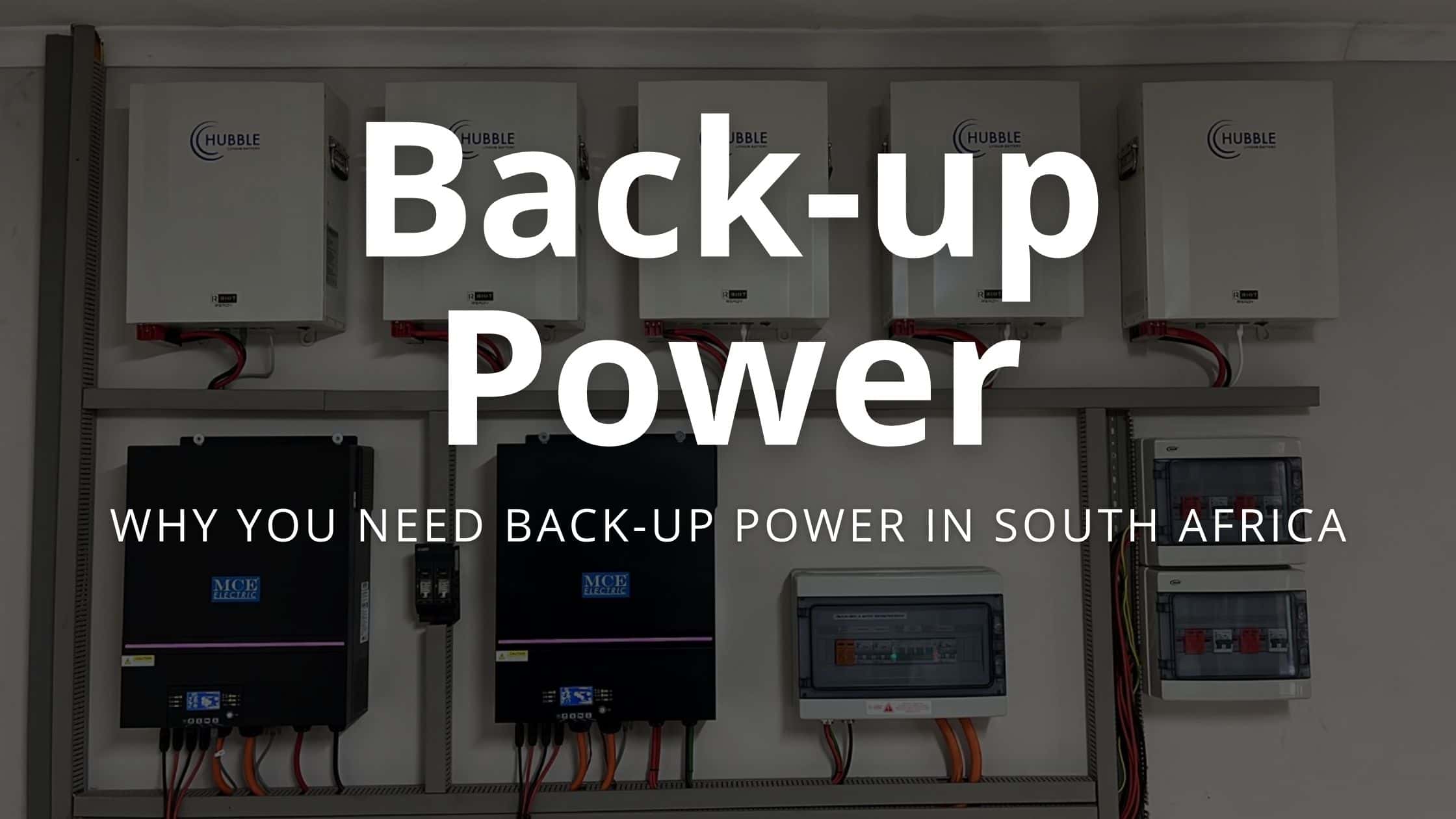South Africa, a land of breathtaking landscapes and diverse cultures, has a unique challenge that unites its citizens – a consistent battle with power outages. With a history of electricity supply issues stemming from factors like aging infrastructure, maintenance problems, and a growing demand for energy, South Africans have learned the hard way about the importance of backup electricity units. In this article, we will delve into why it is crucial to have backup electricity units during power outages in South Africa.
1. Reliability and Consistency
The primary reason for investing in backup electricity units in South Africa is to ensure a reliable and consistent source of power. Frequent power outages disrupt daily life, affecting businesses, education, healthcare, and basic household activities. By having a backup system in place, individuals and organizations can maintain a semblance of normalcy even during electricity interruptions.
2. Economic Stability
A stable power supply is essential for economic growth and stability. Power outages can result in significant financial losses for businesses due to interrupted operations, equipment damage, and lost productivity. Backup electricity units help mitigate these losses by providing a backup power source, enabling businesses to continue operating smoothly during outages.
3. Health and Safety
Power outages can have serious consequences for health and safety. Medical facilities, for instance, rely on electricity to run lifesaving equipment. In homes, power outages can lead to spoiled food, which can pose health risks. Backup electricity units can ensure that critical medical equipment remains operational and food preservation is maintained.
4. Energy Independence
Relying solely on the national power grid makes households and businesses vulnerable to interruptions beyond their control. Having backup electricity units provides a degree of energy independence. Solar panels, generators, or battery storage systems can be used as alternative sources of power, reducing dependence on the grid.
5. Environmental Impact
Backup electricity units, especially those powered by renewable energy sources like solar panels or wind turbines, can have a positive impact on the environment. They reduce reliance on fossil fuels and decrease greenhouse gas emissions, contributing to a cleaner and more sustainable future.
6. Adaptation to Changing Climate
South Africa has experienced an increase in extreme weather events, including storms and heatwaves, which can damage power infrastructure and lead to more frequent power outages. Backup electricity units help individuals and communities adapt to these changing climate conditions, ensuring a continuous power supply when needed most.
7. Remote and Rural Areas
Many remote and rural areas in South Africa have limited access to the national power grid. Backup electricity units, particularly off-grid solar systems, offer a lifeline for these communities. They provide access to electricity for lighting, communication, and basic appliances, improving the quality of life in underserved areas.
8. Long-term Cost Savings
While there is an initial investment associated with installing backup electricity units, they can lead to long-term cost savings. Reduced reliance on the grid can result in lower electricity bills over time, especially if renewable energy sources are utilized.
Conclusion
The importance of having backup electricity units during power outages in South Africa cannot be overstated. These units provide reliability, economic stability, health and safety, energy independence, and environmental benefits. They also help communities adapt to a changing climate and bring power to remote areas. While the upfront costs may seem daunting, the long-term advantages make backup electricity units a wise investment for individuals and businesses alike. In a country that has faced its fair share of power challenges, these units offer a ray of hope and a reliable source of energy in times of need.









